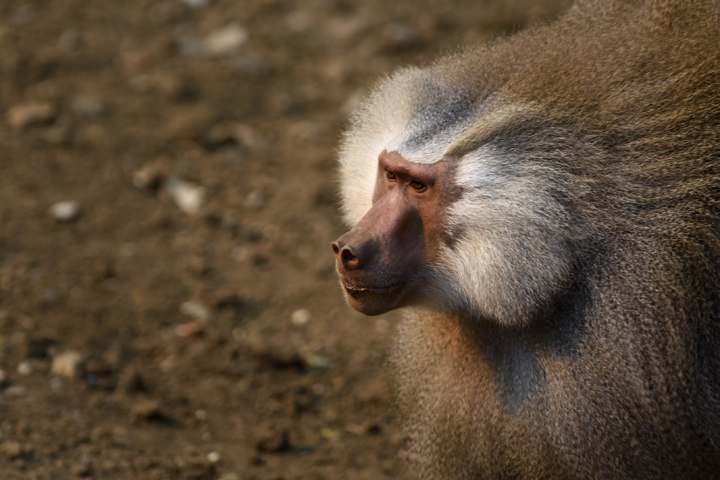Scientists have confirmed that they not only successfully transplanted pig hearts into baboons, but that one kept beating for more than two-and-a-half years.

Heart transplant surgery is complicated: there is always a chance that the host body could reject the donor heart.
READ MORE: Beating human heart grown from stem cells
But cross-species transplants (called xenotransplants) are even more difficult with a much higher likelihood that the donor heart would be rejected. Essentially, our bodies are smart enough to recognize something foreign; when it senses something that shouldn’t be there, our immune system goes on the attack. This is what keeps us healthy and fighting off disease. Of course, when it comes to life-saving medical procedures, this can become a hindrance rather than a benefit.
So how did the researchers convince the baboons’ bodies to stop attacking the foreign heart?
The researchers used a new immune-suppressing drug that included the antibody called anti-CD40. Then, using genetically modified pigs with “high immune system tolerance,” they transplanted the hearts into five baboons.
Now, it’s important to note, however, that the pigs’ hearts did not replace those of the baboons. They were connected to baboons’ circulatory systems, but the baboons’ own hearts continued to pump blood. This is a typical method in which scientists test organ rejection.
READ MORE: Dad records moment son wakes from successful heart transplant
The median length that the hearts kept pumping was 298 days, with one beating for 945 days, almost two-and-a-half years.
Though we might think that primates would be the best candidates for human cross-species heart transplants, there are ethical issues as they take a long time to mature and there are some that are endangered.
However, pigs’ hearts are quite similar to our own and can be farmed easily. So this could hold promise for those waiting for surgery.
The next step will be to conduct full heart transplants to see how viable such a transplant would be.
The study was published in the scientific journal Nature Communications.
WATCH: 6-day-old infant receives heart transplant


Comments